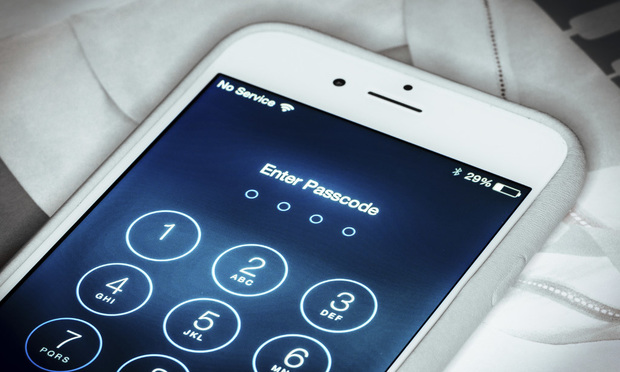In an important decision affecting privacy rights, a federal court in Boston this month ruled that the federal government’s searches of international travelers’ smartphones and laptops at airports and other U.S. ports of entry, undertaken without individualized suspicion of wrongdoing, violate the Fourth Amendment. The lawsuit, Alasaad v. McAleenan¸ was filed by the American Civil Liberties Union and others on behalf of 11 travelers whose smartphones and laptops were searched without reasonable suspicion at U.S. ports of entry. Plaintiffs were either U.S. citizens or lawful permanent resident aliens with an undisputed right to enter the country. U.S. District Judge Denise J. Casper held that the government must have reasonable suspicion that the device contains contraband before searching electronic devices at the border. The court did not require warrants, or the heightened showing of probable cause, for border searches of electronic devices, as of the ACLU requested, and permitted brief “cursory searches” limited to determining whether the device is owned by the person carrying it and is operational without a heightened showing of cause, but held that U.S. Customs and Border Protection did not have unfettered ability to search electronic devices without reasonable suspicion that contraband is present on the device.
The district court’s order ends the U.S. Customs and Border Protection’s and ICE’s asserted authority to search and seize travelers’ devices for purposes far afield from the enforcement of immigration and customs laws. Border officers must now demonstrate individualized suspicion that the device contains contraband before they can search a travelers’ electronic device.


 iStock
iStock




